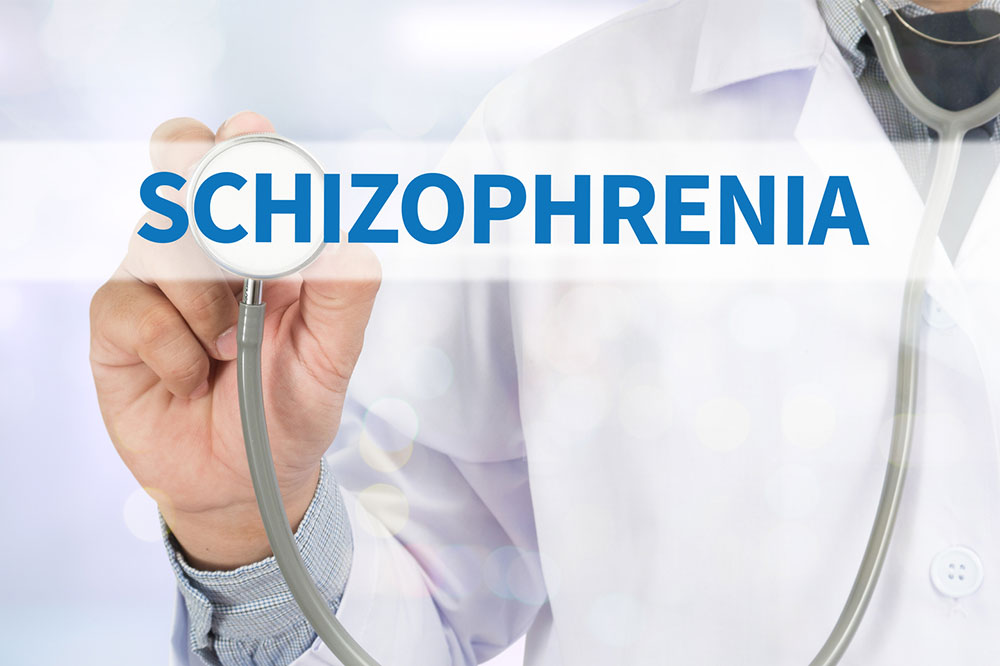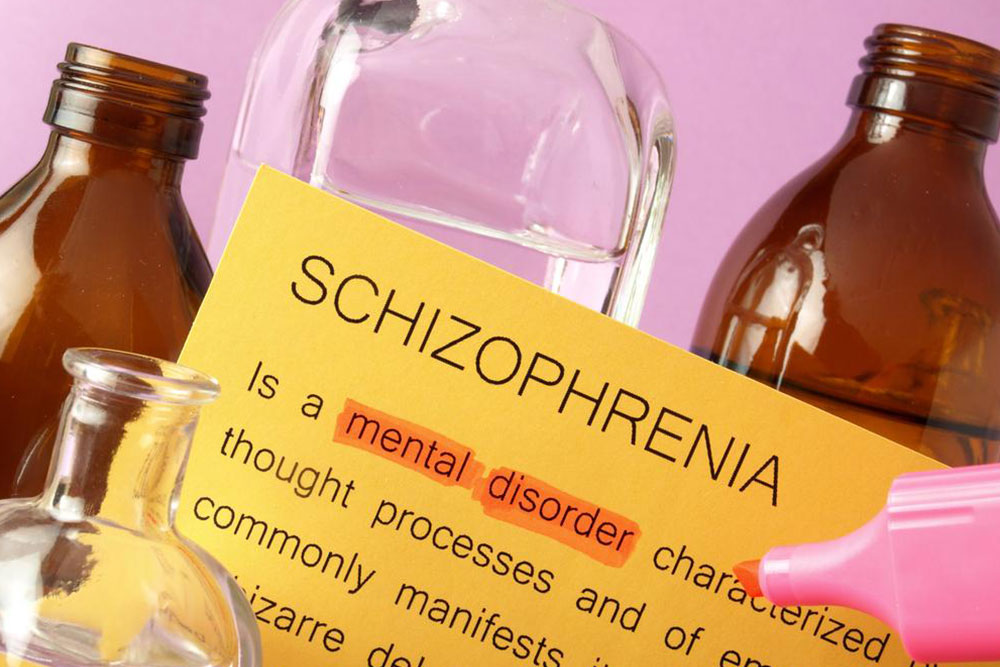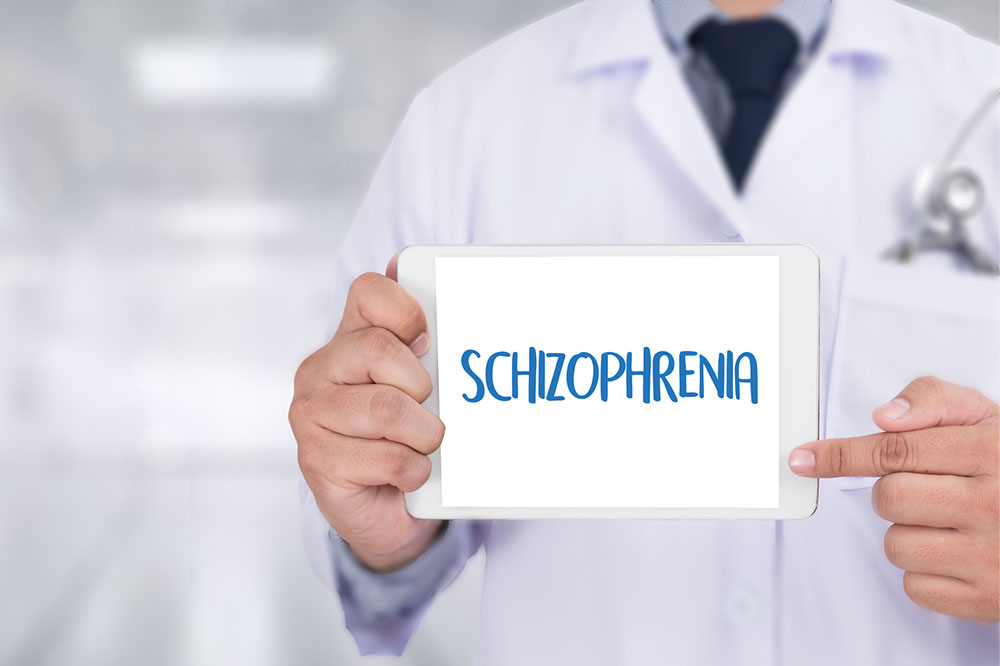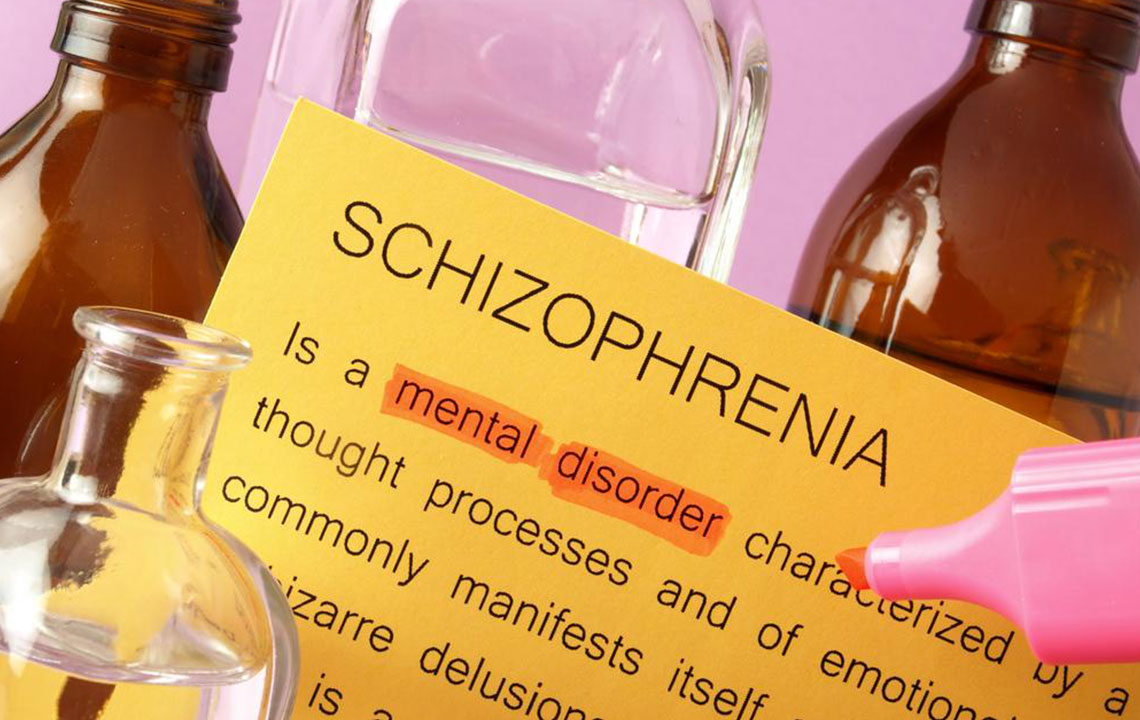Understanding Schizophrenia: Symptoms, Causes, and Treatment Options
Schizophrenia is a complex mental disorder affecting perception, thought processes, and emotions. It manifests through symptoms such as delusions, hallucinations, and social withdrawal. While incurable, it can be effectively managed with medication, therapy, and social support. Risk factors include genetics, brain abnormalities, and environmental influences. Treatments like antipsychotics, psychosocial interventions, and emerging techniques like Deep Brain Stimulation are used to control symptoms and improve quality of life. Proper diagnosis and ongoing care are essential for managing this challenging condition.
Sponsored

Schizophrenia is a serious mental health disorder that alters how a person perceives reality, thinks, and responds emotionally. Symptoms include delusions, hallucinations, and paranoia, often leading individuals to withdraw socially. About 1% of the population experiences this condition. Although it cannot be cured, schizophrenia can be managed through medications and therapy. Typically emerging in late teens or early twenties for men and in their twenties or thirties for women, the disorder affects anyone regardless of background.
Common symptoms include:
Delusions: False beliefs that impact daily life, such as feeling unjustly persecuted or believing oneself to be famous.
Hallucinations: Seeing, hearing, or sensing things that aren’t real, including voices, odors, or sensations.
Disorganized speech: Incoherent or jumbled speech that may involve nonsensical word combinations.
Abnormal behaviors: Repetitive movements, childish actions, or inappropriate emotional responses can interfere with routine activities.
Negative symptoms: Reduced facial expressions, monotone speech, social withdrawal, and neglect of personal hygiene.
Diagnosing involves medical tests and psychiatric evaluation over a period exceeding six months. Causes are thought to be biological, with genetics playing a significant role—risk increases if a family member has schizophrenia. Brain structure abnormalities and environmental factors like substance use, stress, or viral infections may contribute. Treatment includes antipsychotic medications, psychosocial therapy, and social support programs. Severe cases might require hospitalization, electroconvulsive therapy, or emerging neurological techniques like Deep Brain Stimulation. Ongoing research aims to improve management options and understanding of this complex disorder.





